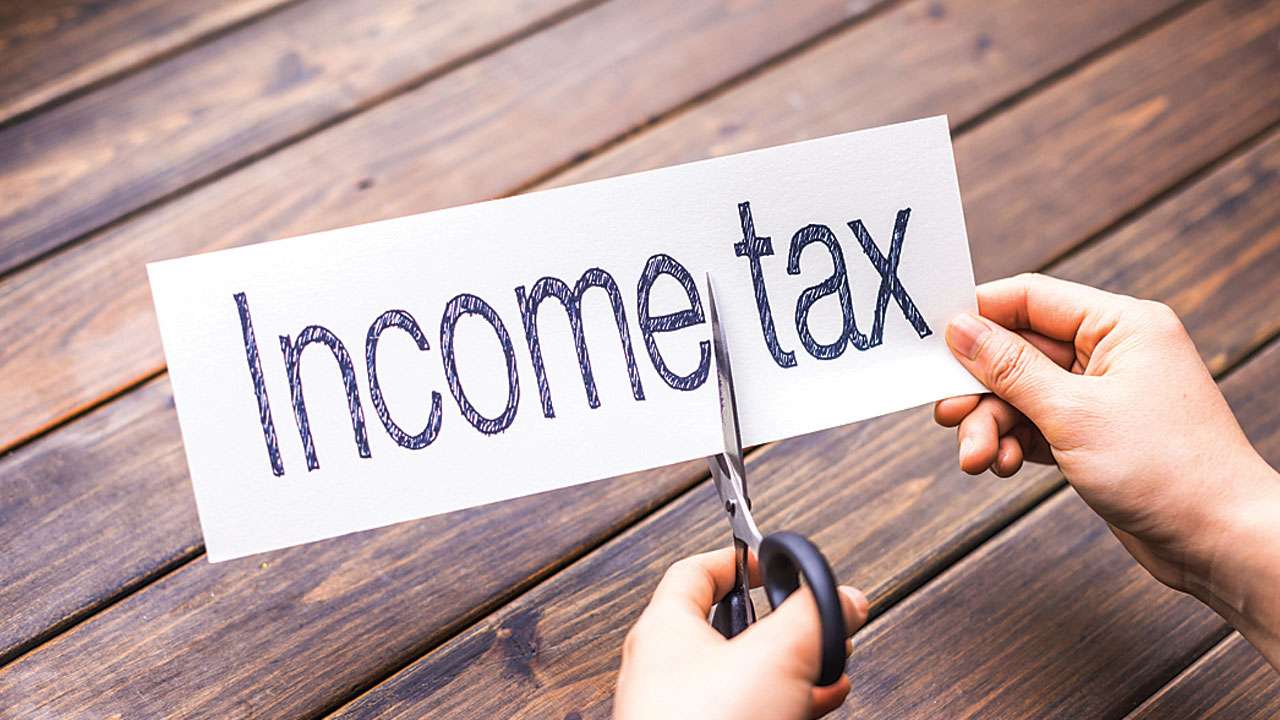How to deal with an income tax notice

It is important to file your income tax return on time and you need to make sure that you use the right income tax form for filing your return. Any mistake or omission of income or any other non-disclosure of details in the income tax return can lead to an income tax notice.
There are many reasons why the income tax department sends notices and there are specific sections under which the income tax department sends notices. You need to understand the reason for such notices and respond appropriately within the stipulated deadline. If you get one, there is no need to panic. Stay calm and respond to the notice as a clarification to the query. Responding on time to these notices will help you avoid any penalties or legal action by the income tax department.
Here is the list of tax notices, why they are sent by the income tax department and how to respond to income tax notice.
Notice under section (u/s) 142(1)
Most of the time notices under this section are to ask the taxpayer to file returns for the assessment year for which the return has not been filed. However, this notice may be issued by the income tax department when they need more information on the return you filed.
The assessing officer could ask you, the taxpayer, for information about a tax return that you had filed earlier or it may be any documentary proof that is needed for the claims made. For instance, you might be required to produce your sales books, purchase bills, or proofs of any deductions availed by you, etc. This notice is issued before the assessment of the return that you had filed. You need to file the return or furnish the information requested.
Notice u/s 143(1)
Intimation after processing your income tax return is often sent under this section. This notice will be a statement from the income tax department that provides the income, deductions and tax details and states that the information is in line with the records available with the department. So, this is more of an acknowledgment by the income tax department.
Notice u/s 143(2)
Under this notice, the assessing officer may ask you to produce supporting documents for the claims made in the income tax return. This is sent in the financial year in which the return was filed. After the notice is received, you should reply to the queries raised by the income tax department and submit all the additional documents requested.
Notice u/s 139(9)
If the assessing officer believes that a defective income tax return has been filed, a notice will be served under this section. The defect in the return could be due to errors in using the ITR form, missing information, use of the wrong ITR form, etc. The notice will highlight the defect in the income tax return and will also recommend the solution. Taxpayers are given a period of 15 days to respond to the notice. If you do not respond, your return could get rejected.
Notice u/s 131(1A)
If the assessing officer thinks that you have concealed income while filing your return, you will get a notice under this income tax section. This is a summons or an intimation that the assessing officer will enquire into your income or the books of accounts. It empowers the tax authorities to demand the production of the necessary information or related documents. There is no specific time limit to serve this notice and you may need to present your documents to the assessing officer. You need to be prompt to comply.
Notice u/s 148
If the assessing officer feels that some information has been concealed in the return that was filed earlier, the return can re-opened for reassessment and a notice is sent under this section. You need to respond with the required information.
Notice u/s 245
This is an intimation that is usually issued when the tax refund for an assessment year is adjusted against any tax demand which is due. You need to make sure that the income tax return filed is in sync with the 26 AS tax credit statement.
Above mentioned notices are common in nature. If you don’t want these notices, it’s good to file your return properly and carefully. However, even if you get an income tax notice you can respond to the notice online. Note that for the notices you can either reply using the e-proceedings section in your account on the income tax filing website or you can file a rectification return to correct the information in your tax return. Now that you know how to respond to an income tax notice online, you can do it in minutes.

